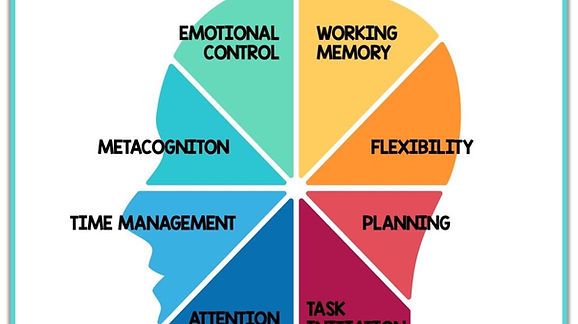The landscape of college admissions has undergone a seismic shift with the introduction of the new digital SAT, reshaping the way students approach standardized testing. As high school students grapple with decisions regarding when and how to take these exams, it's essential to understand the pros and cons of the digital SAT, considerations for timing, and the implications of test-optional and test-blind policies. Let's delve into this dynamic terrain and empower students to make informed choices.
The Digital SAT: Pros and Cons
Pros:
1. Convenience: The digital SAT offers greater flexibility and convenience, allowing students to take the exam at home or at a designated testing center.
2. Instant Scores: Unlike the traditional paper-based SAT, the digital version provides instant score reporting, enabling students to receive immediate feedback on their performance.
3. Adaptive Format: The digital SAT adapts to each student's skill level, tailoring the difficulty of questions to match their abilities, potentially leading to a more accurate assessment of proficiency. It also makes the test MUCH SHORTER!!
4. Most students find the use of the Desmos calculator integrated to be a HUGE benefit- and I agree! NO MORE TI-89 that uses technology from.....1989!! Im so happy I don't have to teach it anymore!
Cons:
1. Technical Issues: The transition to a digital format introduces the risk of technical glitches or connectivity issues, which could disrupt the testing experience and affect performance. Let's face it- College Board had issues with pencils and paper after hundreds of years to perfect it, so it isn't IF they have issues but HOW BAD they are.
2. Adaptation Challenges: The adaptive nature of the digital SAT may require students to adapt to unfamiliar testing conditions, potentially increasing test anxiety and affecting concentration. For those with documented learning disabilities, you can apply for the paper test as part of your accommodations.
Timing Considerations: SAT vs ACT
Determining when to take the SAT depends on various factors, including individual strengths, testing preferences, and college requirements.
1. SAT: Traditionally favored by students on the East and West coasts, the SAT assesses critical reading, writing, and math skills. The passages are MUCH shorter on the new test so no more 3 page passages on dirt. Yay!
2. ACT: Popular in the Midwest and South, the ACT evaluates English, math, reading, and science reasoning. It has the main advantage of having been using the same tests for YEARS so you know what you are getting into- also, the math subjects tested are less algebra and more geometry, and it includes trigonometry and logarithms where the SAT does not.
Test-Optional vs Test-Blind Policies
In response to the COVID-19 pandemic and ongoing concerns about equity in admissions, many colleges and universities have adopted test-optional or test-blind policies. There were also some schools (specifically the UCs and CSUs that went permanently test-blind as a result of a lawsuit at the same time as the pandemic.
1. Test-Optional: Under a test-optional policy, students can choose whether or not to submit standardized test scores as part of their application. This provides flexibility for students who may not have had the opportunity to take the SAT or who feel their scores do not accurately reflect their academic abilities.
2. Test-Blind: In contrast, a test-blind policy prohibits admissions officers from considering standardized test scores during the application review process. This includes ALL CALIFORNIA STATE SCHOOLS.
The Dartmouth Decision and Implications
Recently, Dartmouth College announced its decision to reinstate the requirement for SAT or ACT scores for the 2025 admissions cycle, signaling a potential shift in standardized testing policies among elite institutions. This move may prompt other colleges, especially those in the Ivy League and other highly selective schools, to follow suit and reinstate standardized testing requirements.
The Future of Test-Optional Policies
While the pandemic initially prompted many colleges to adopt test-optional policies, the decision by Dartmouth College suggests a potential reevaluation of the role of standardized testing in admissions. As such, students should stay abreast of any changes in testing requirements and consider the implications for their college application strategies.











